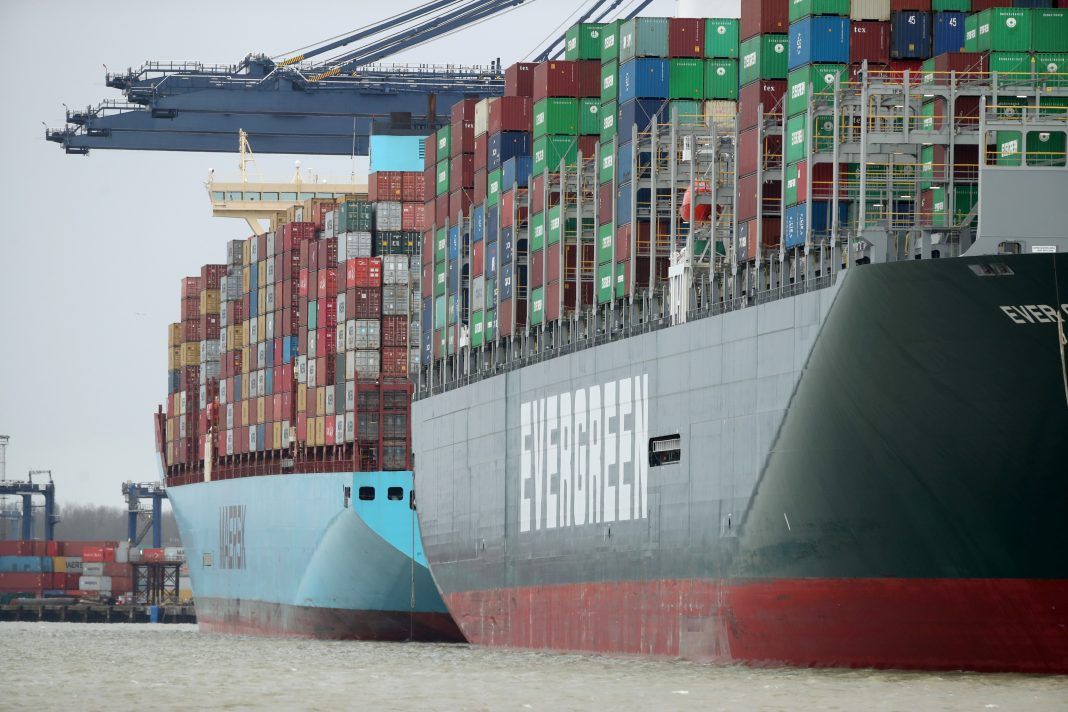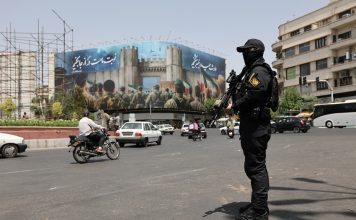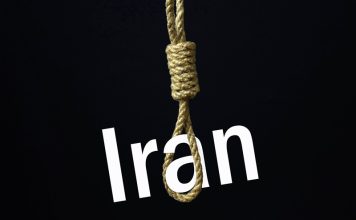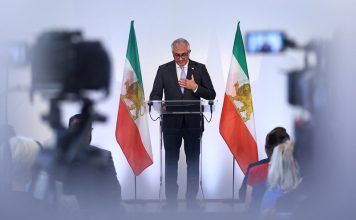Future trade between the UK and Iran could potentially be affected by an amendment in the England and Wales trade bill, which enables the government to review trade deals when one of the parties is engaging in acts that qualify as genocide, a lawyer working on the amendment has said.
Genocide is defined by the United Nations Convention on the Prevention and Punishment of the Crime of Genocide (Genocide Convention) as a crime under international law, which involves “acts committed with intent to destroy, in whole or in part, a national, ethnical, racial or religious group.”
Included in the definition are acts that are considered indicators of genocide, such as the killing of group members; the inflicting of serious bodily or mental harm to members of the group; and the deliberate imposition of conditions or measures intended to bring about, in part or in whole, the group’s destruction.
The Genocide Convention lists five cases where a country could face punishment: carrying out genocide; conspiracy to commit genocide; direct and public incitement to commit genocide; attempt to commit genocide and complicity in genocide.
There are mounting concerns about the Iranian government’s ongoing persecution of religious and ethnic minorities, which some experts believe amounts to genocide.
Kayhan Life interviewed a barrister who assisted in drafting the amendment and who spoke on condition of anonymity.
“The circumstances in which a country like Iran could be included are: if there was a normalization of relations between Iran and the UK, [if] Britain then signed some form of bilateral trade agreement with them, and [if[ after that moment there was either a credible allegation of the Iranian regime carrying out an ongoing genocide, or the risk of there being genocide in the future,” he explained. “This amendment would then be engaged in respect of Iran.”
The original amendment to the England and Wales trade bill was put forward by Lord David Alton, a member of the upper house of the U.K. parliament. Known as the genocide amendment, it gives the High Court powers to stop trade deals where it finds that a signatory is committing ongoing acts of genocide. The amendment received wide cross-party support and was accepted by a majority of 171 votes in the House of Lords.
The provision, also known as the Alton amendment, was then replaced by the government’s own amendment on the issue and bundled in with another unrelated clause during a vote on Feb. 9 in the House of Commons.
Hamid Sabi, a lawyer and member of the board of directors for the London-based human rights organization Justice for Iran, is working on a case involving the persecution of Bahai’s in Iran.
Mr. Sabi told Kayhan Life that he believed the Iranian government was committing acts of genocide, but that the current definition of genocide in the convention was problematic.
“I and a colleague of mine who is working on this case believe that what is happening to the Bahai’s in Iran is genocide, but there also needs to be some expansion on what is recognized as the crime of genocide under international law,” he said.
The Baha’i faith has an estimated 350,000 followers in Iran, and their decades-long persecution has been widely documented by the United Nations and human rights organizations.
Iran’s constitution does not recognize the Baha’i faith — the second largest in Iran — and as such its believers have no legal right to live in the country. It is estimated that hundreds of Baha’is have been killed, executed or tortured in Iran, while others have been arbitrarily detained, and denied jobs and access to education.
Padideh Sabeti, the Iranian spokesperson for the Baha’i International Community (BIC) — the official voice of the Baha’i community, responsible for the defense of the Baha’is in Iran — told Kayhan Life that Baha’is in Iran were being systematically persecuted by the Iranian government.
Islamic Republic Systematically Persecutes Bahais, Spokesman Says
“The Baha’is are now also victims of economic apartheid. By depriving them of any means of income the Baha’i community in Iran is slowly being eradicated.”
A letter written to Iran’s Chief Justice Ebrahim Raisi, published on Feb. 8 and signed by more than 40 prominent lawyers in Canada, including Canada’s former minister of justice and attorney-general Jody Wilson-Raybould Puglaas, has highlighted the ongoing persecution of Iran’s Baha’i community.
The letter criticizes Iran’s courts for recent judgments approving the confiscation and sale of land belonging to Baha’is on the ground that their religion does not allow Baha’is to buy property. It goes on to outline fears that the government may have enabled judicially sanctioned seizures of Iranians’ property.
Mr. Sabi — who has been following Lord Alton’s genocide amendment — said he had initially hoped to build his case using earlier legislation proposed by Lord Alton, which was paused with the dissolution of parliament in 2019. Lord Alton’s own bill included the original genocide amendment introduced into the trade bill.
The modified amendment which was passed in the House of Commons — replacing proposed powers for the High Court with powers for select committee chairs to oversee trade deals with countries accused of genocide — has raised concerns that the government has watered down the provision to avoid dealing with genocide cases, which can, if proven, place a raft of duties and responsibilities on the government.
During the vote on it, former Secretary of State for Work and Pensions, Sir Ian Duncan Smith said, “The reality of bundling together all these things into one motion—an amendment tabled by the Government—means that of course there is no way we will get to vote on the Lords amendment on genocide,” adding, “the Government have deliberately blocked this.”
The government’s own amendment intended to replace the original genocide amendment was passed by 318 votes to 303 on Feb. 9.
Reacting to the vote, the barrister interviewed by Kayhan Life said: “The government is under a duty, under international law, to use all available means to prevent genocide the instant it learns of a serious risk. A formal process for this is necessary given past government inaction.”








